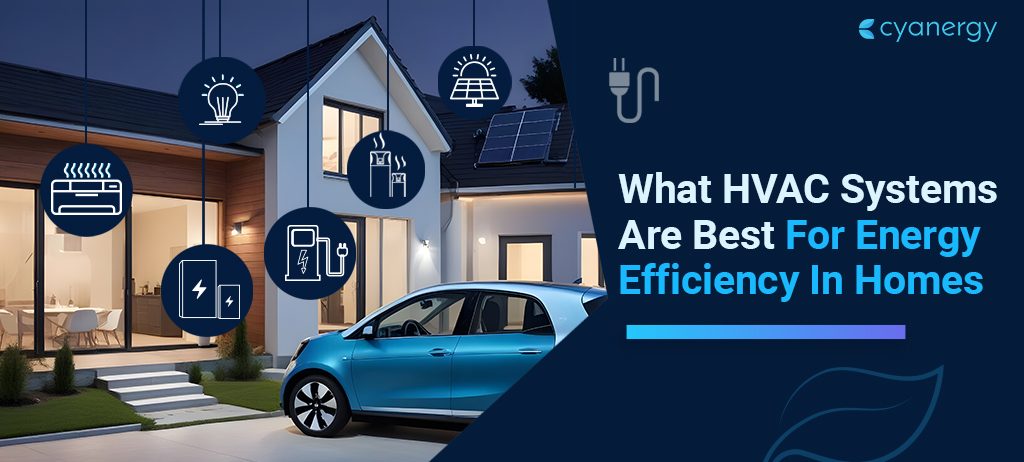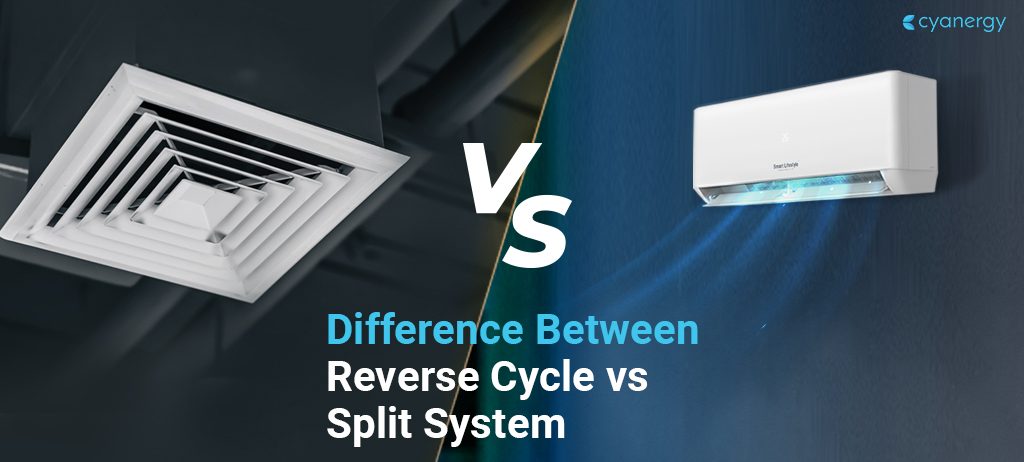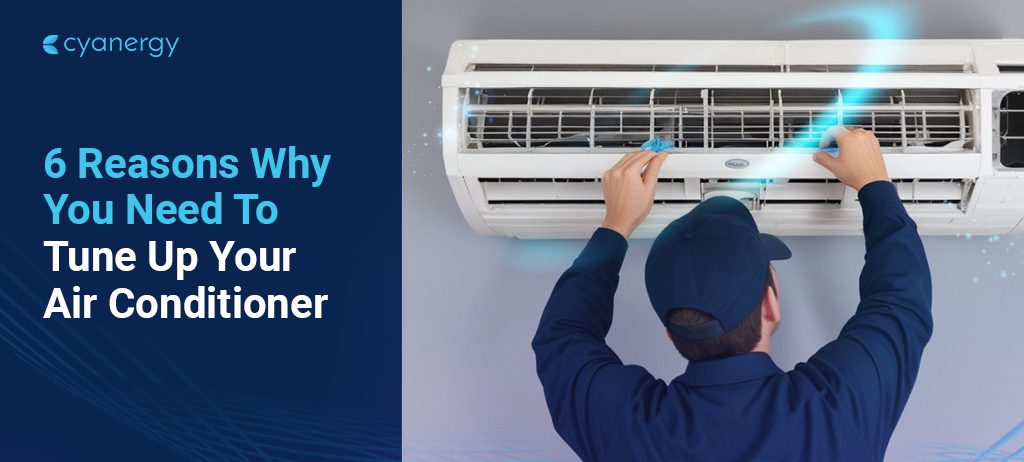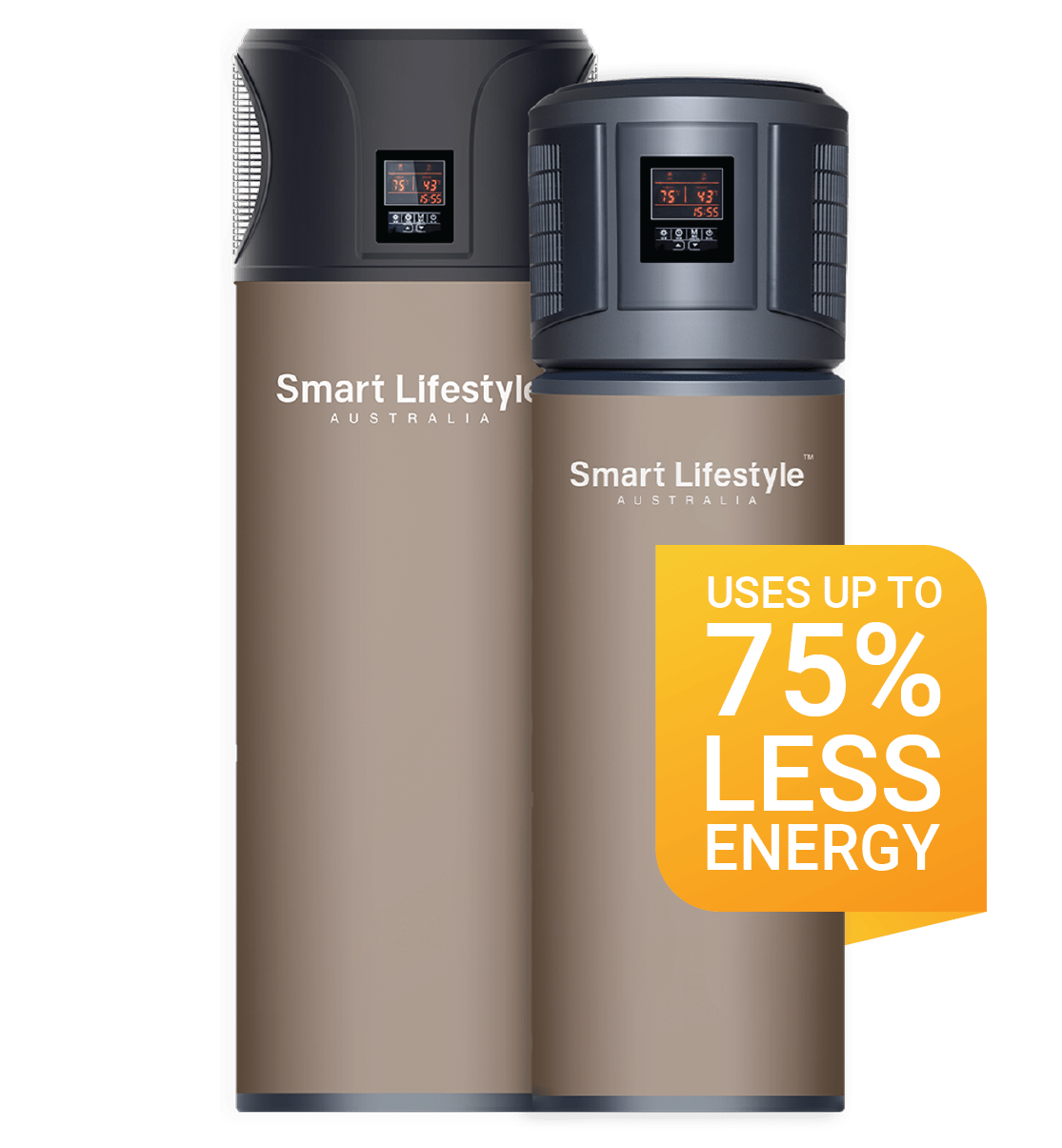Energy Efficiency and Cost Savings for Every Household
While the concept of energy efficiency is well understood, let’s delve deeper into how heat pump hot water systems achieve it and how this translates into substantial cost savings for households across the country.
Innovative Heat Exchange Mechanism
At the heart of a heat pump hot water system’s energy efficiency lies its innovative heat exchange mechanism. Unlike conventional water heaters that generate heat through electrical resistance or combustion, heat pumps utilize a clever process known as heat transfer. These systems extract heat from the surrounding air, which contains latent energy even in cooler temperatures. This harvested heat is then transferred to the water within the system’s storage tank, raising its temperature without the need for excessive energy consumption. This efficient utilization of environmental warmth results in a significant reduction in energy usage compared to traditional heating methods.

Coefficient of Performance (COP)
The efficiency of a heat pump is quantified by its Coefficient of Performance (COP), which represents the ratio of heat output (hot water) to the energy input (electricity). Heat pump hot water systems typically have COP values between 2.5 and 4.5, indicating that for every unit of electricity consumed, the system produces 2.5 to 4.5 units of heat energy. This COP range highlights the extraordinary efficiency of these systems, as they generate more heat energy than the electrical energy they consume. This favorable ratio directly translates into lower energy bills and substantial cost savings over time.
Reduced Energy Consumption, Lower Bills
By relying on ambient air heat and operating on the principles of thermodynamics, heat pump hot water systems drastically reduce the amount of electricity required to heat water. This translates into tangible cost savings on energy bills. Unlike conventional electric or gas water heaters that continuously draw power to maintain water temperature, heat pumps only require electricity to power the heat exchange process. Once the desired temperature is achieved, the system operates at a fraction of the energy consumption, resulting in ongoing savings.
Synergy with Solar Power
For homeowners who have embraced solar power through photovoltaic (PV) systems, the synergy between solar energy and heat pump hot water systems is particularly advantageous. Solar panels generate electricity from sunlight, and any surplus energy can be diverted to power the heat pump. This integration further reduces the reliance on the grid, allowing you to harness clean, renewable energy sources for both electricity and hot water needs. The seamless combination of solar power and heat pump technology enhances energy efficiency and extends cost savings even further.
Long-Term Investment
While the upfront cost of installing a heat pump hot water system may be higher than traditional options, the long-term cost savings make it a compelling investment. The efficiency of these systems contributes to a shorter payback period, meaning that the initial investment can be recouped over a relatively short period through reduced energy bills. As energy costs continue to rise, the financial benefits of an energy-efficient heat pump system become increasingly pronounced.
Space-Efficient Design and Versatile Performance
A heat pump water heater system has the potential to save you more than just a lot of dollars. Here is more –
Compact Footprint for Space Efficiency
Traditional water heaters often occupy significant space due to their bulkier designs, especially storage tank models that require ample room for insulation and water storage. Heat pump hot water systems, on the other hand, are engineered with a compact footprint in mind. This streamlined design allows for easy installation in various locations, including utility rooms, garages, basements, or even mounted on exterior walls. This versatility empowers homeowners to utilize space more efficiently and creatively, freeing up valuable square footage for other purposes.
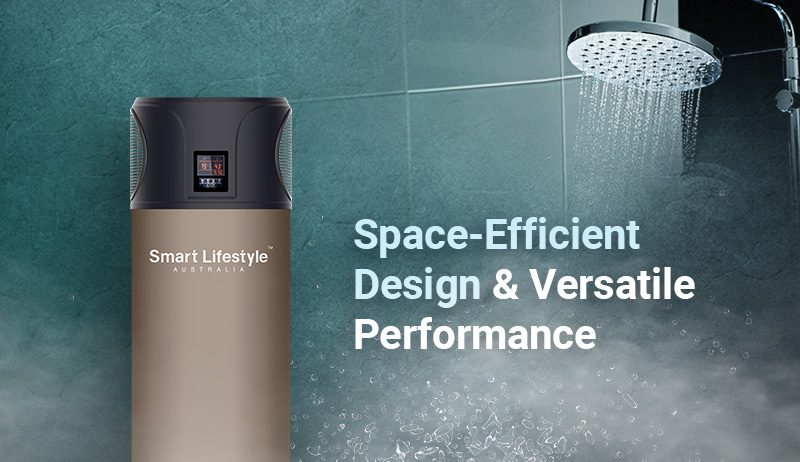
Indoor and Outdoor Installation Options
One of the standout features of heat pump hot water systems is their adaptability in terms of installation. These systems offer both indoor and outdoor installation options, providing homeowners like you with the freedom to choose the most suitable setup based on their living situation and preferences. Indoor installation is particularly advantageous for regions with harsh weather conditions, as it protects the system from external elements and potential freezing. On the other hand, outdoor installation can help maximize indoor space and reduce noise levels associated with heat pump operation.
Check this out to learn about- How Much Does a Heat Pump Cost to Install
Reduced Noise Levels
Modern heat pump hot water systems are designed with sound insulation and noise-reduction features, resulting in quieter operation compared to some traditional water heaters. This reduction in noise levels is particularly beneficial for indoor installations, where noise-sensitive areas like bedrooms, living rooms, or home offices may be located nearby. The minimized noise output ensures that the operation of the heat pump does not disrupt your daily activities or contribute to unnecessary noise pollution.
Environmental Friendliness
Potential for Government Rebates and Incentives
Australia’s government has been at the forefront of introducing and fast-tracking various initiatives aimed at empowering citizens, like yourself and me, to embrace a more sustainable and environmentally-conscious lifestyle. By embracing these measures, we not only contribute to a greener future but also gain the upper hand in mitigating the impact of rising power bills. One pivotal facet of this drive towards sustainability is the integration of heat pump hot water systems into residential properties, facilitated by the inclusion of government rebates.
Presently, the state government of Victoria has stepped up to the plate, offering an impressive incentive amount for residence to adopt energy-efficient HWS units. This strategic move enables households to seamlessly tap into the advantages of energy-efficient technologies with minimal to virtually zero upfront cost.
However, the story doesn’t end there.
The state government of New South Wales has also joined this visionary path, presenting an equally enticing rebate opportunity. You can acquire your very own HWS for an unbelievably affordable price thanks to rebates offered. This amazing initiative signifies a significant leap towards fostering sustainable practices and ensuring that the benefits of energy efficiency are accessible to a wider spectrum of homeowners.
By taking advantage of these government rebate programs, you not only embrace cutting-edge technology but also make substantial strides towards a more energy-efficient future, all while ensuring a lighter financial load and a cleaner environment for generations to come.
Low Maintenance Requirements
Heat pump hot water systems, renowned for their minimal maintenance needs, present a transformative alternative that seamlessly blends cutting-edge technology with effortless functionality.
Simple Components, Fewer Points of Failure
Heat pump hot water systems are designed with simplicity in mind. They comprise fewer components compared to traditional water heaters, which often involve intricate parts like burners, coils, or pressure relief valves. This streamlined design translates into fewer points of potential failure, reducing the likelihood of breakdowns and the need for frequent repairs. The absence of complex components simplifies maintenance routines, ensuring that homeowners spend less time troubleshooting and more time enjoying the benefits of their hot water system.
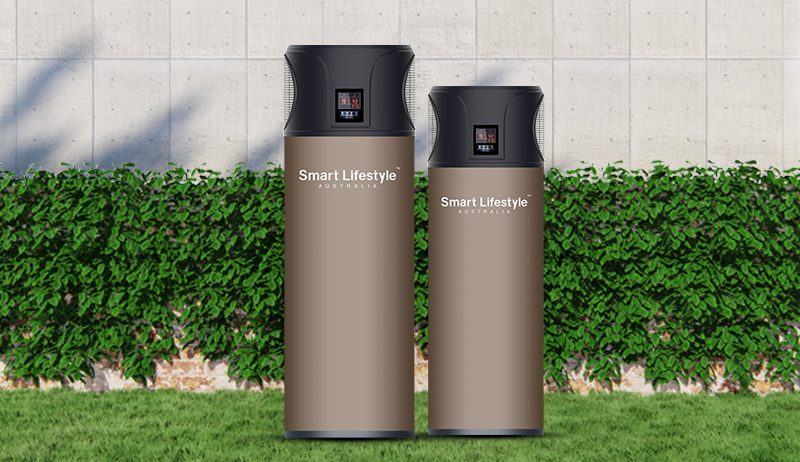
Self-Contained and Sealed Components
Most heat pump hot water systems have self-contained and sealed components, which contribute to their low maintenance requirements. These sealed components protect sensitive parts from external contaminants, such as dust, dirt, or debris. As a result, the system’s internal mechanisms remain well-preserved over time, reducing the risk of performance issues. This design characteristic also minimizes the need for regular cleaning or maintenance of individual parts, making heat pump systems a hassle-free choice for homeowners seeking a low-maintenance solution.
Less Frequent Flushing and Sediment Buildup
Traditional water heaters are prone to sediment buildup, which can lead to reduced efficiency and even premature failure. Heat pump hot water systems, however, are less susceptible to this issue. The absence of a combustion process and reduced reliance on stored water minimize the likelihood of sediment accumulation. As a result, heat pump systems require less frequent flushing or descaling, further contributing to their low maintenance nature. This translates into less time spent on maintenance tasks and fewer service calls.
Scheduled Check-Ups and Professional Servicing
While heat pump hot water systems boast minimal maintenance requirements, periodic check-ups and professional servicing remain important for ensuring optimal performance. These routine visits by qualified technicians help identify and address any potential issues before they escalate. During these service appointments, technicians can inspect the system’s components, assess its efficiency, and perform any necessary adjustments or repairs. While these scheduled check-ups are recommended, their infrequent nature still highlights the overall low maintenance demands of heat pump systems.
Long-Term Durability and Cost Savings
The low maintenance nature of heat pump hot water systems directly contributes to their long-term durability. Reduced wear and tear, fewer breakdowns, and well-preserved components extend the system’s lifespan, ensuring that it continues to operate efficiently for many years. This longevity translates into significant cost savings over time, as homeowners spend less on repairs, replacements, and ongoing maintenance efforts.
Don’t miss out on the chance to enjoy reliable, eco-friendly hot water while saving on bills. Make the switch to a heat pump hot water system today and experience the power of efficiency firsthand! Learn more about heat pumps and get your hands on a first-rate HWS unit just by clicking here.
